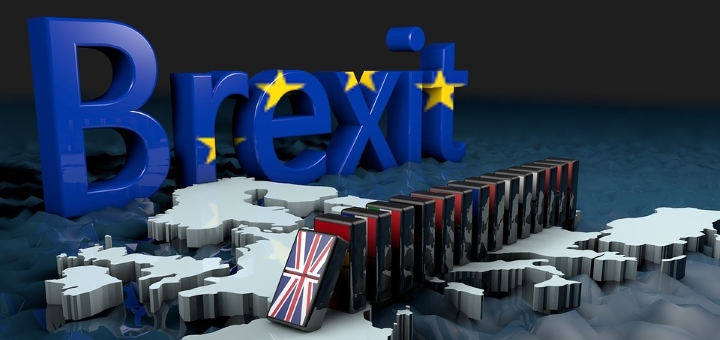Brexit uncertainty means house price instability – or does it?

With the growing uncertainty surrounding Brexit, it’s often assumed that the economy must be suffering. However, according to the latest data, overall house prices have actually increased by 3.8% since January 2017, surprising many observers. So what does this mean?
Estate agents Yopa originally predicted a 1.2% rise in house prices between January 2017 and December 2017, a figure that was arrived at by averaging out a variety of expert predictions. The current 3.8% rise vastly exceeds this, and if house prices continue to rise at this rate, the annual rise will be over 7%.
This is encouraging for many, as overall predictions as to the effect of Brexit have been broadly negative. Companies were expected to leave the country due to restrictions on trade and general uncertainty, and those that couldn’t move were expected to suffer from the lack of easy access to seasonal and lower-paid labour from the continent.
Similarly, the potential elimination of passporting rights in the financial sector made banks and financial services wary, with some threatening to move to Frankfurt, Berlin, Hamburg and Paris. However, much of this hasn’t materialised yet, with many companies waiting to see what will happen.
House prices are a good indication of how the economy is faring, as they are typically seen as a sign of consumer confidence. A house is generally the most expensive purchase a person makes in their lifetime, and it requires a long-term commitment to pay back a mortgage. Banks take on risk when providing mortgages, and they mitigate that risk by insisting that clients have appropriate financial resources to pay back the loan. Higher house prices therefore mean that people are more confident about being able to pay back that money, and it also indicates that they have larger deposits. Although there is a concern that this means that they are locking up more cash, it does paint a broadly optimistic picture.
Similarly, it also means that housing stock is still in demand, which is partly a sign that immigration is still higher than emigration. Again, this is optimistic given the current state of Brexit negotiations.
However, it’s safe to say that these stats are only an indicator of the current state of people’s financial affairs, and a post-Brexit economy will likely be quite different from how it is today.
For all intents and purposes, the United Kingdom isn’t out of the European Union yet, so it will be interesting to see how house prices fare over the next three to five years.









